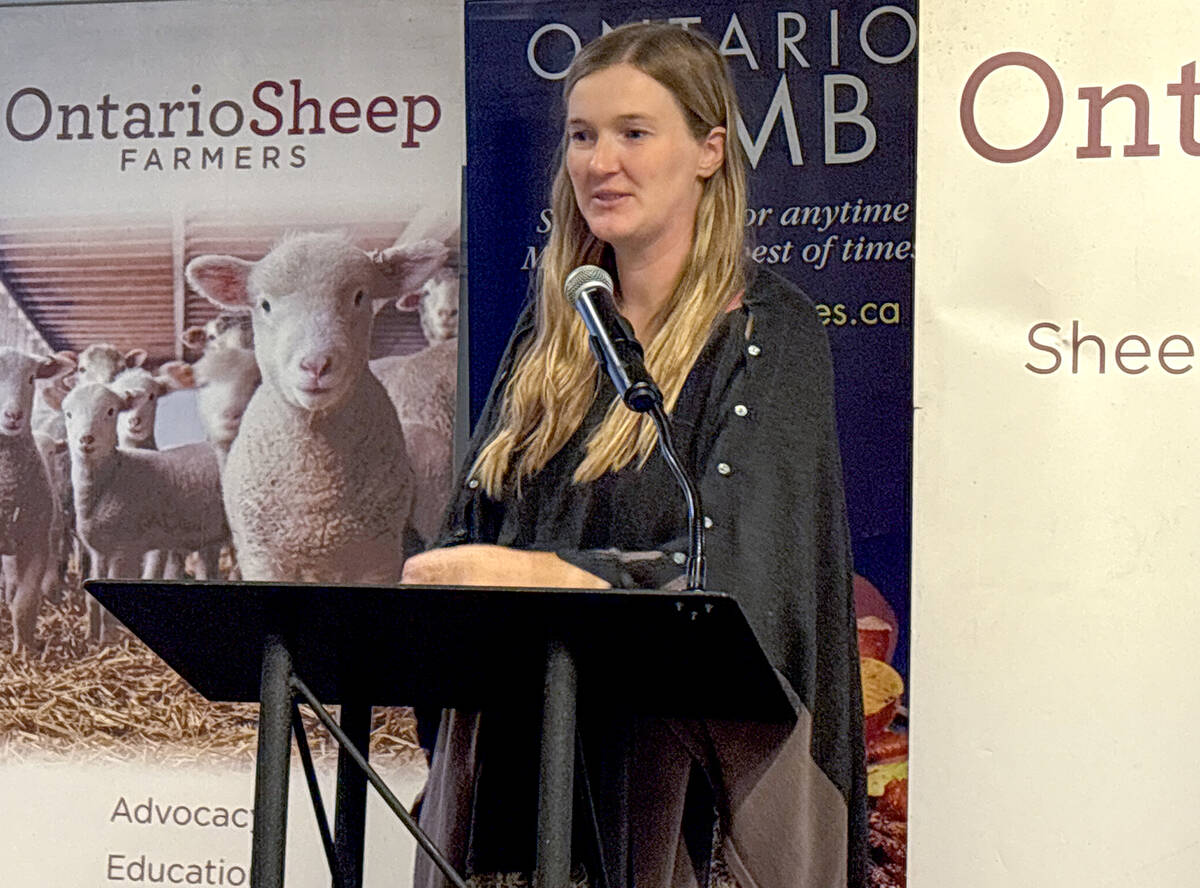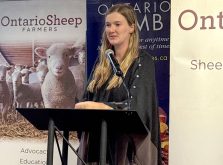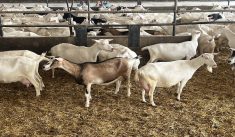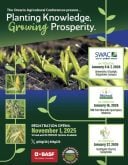Running a business is inherently risky. But as the cost of growing a farm business rises higher, does the sector understand its vulnerability to sudden change or who will win and lose from it?
For those trying to break into or grow small farm businesses, what series of events could occur to level the financial risk-to-reward equation? Would the benefits of such events outweigh the associated financial hardship and economic damage on the farm community as a whole?
Continued upward trends in cost of production, land values, equipment and other factors make it particularly hard for smaller operations and new farmers, including new Canadians, to make a go of it. Those with more capital and security to leverage are simultaneously getting bigger, though not without accruing their own risks.
Read Also

Footflats Farm recognized with Ontario Sheep Farmers’ DLF Pasture Award
Gayla Bonham-Carter and Scott Bade, of Footflats Farm, win the Ontario Sheep Farmers’ 2025 DLF Ontario Pasture Award for their pasture management and strategies to maximize production per acre.
What would it take to reverse or at least dampen what seems like a perpetual drive toward bigger bushels on bigger parcels from bigger machinery?
Would events leading to more widespread financial hardship in the farm sector be, in some ways, a good thing for its long-term health?
For example, what would prolonged periods of low commodity prices do given current farm debt levels? Similarly, what would a sudden jump in interest rates do? Would these shifts affect the initial cost of land and equipment values enough for smaller operators to make gains?
It’s been done before, as farmers who survived and grew during the high interest rates of the 1980s might recall.
What if there are drastic cuts – or conversely, increases and expansion – to farm finance safety nets or income systems like crop insurance and quota? These certainly have many benefits to risk mitigation, in that they help farmers weather tough circumstances and make financial decisions based on more predictable metrics.
Improved support of these programs could help more small farm businesses grow. However, the very presence of such security systems can drive up overall costs.
Even if something catastrophic initiates a downturn in the price for farm growth, governments’ and lenders’ responses could have multifaceted effects.
Financial assistance could be administered to those in need but it could perpetuate unaffordable land and equipment values. If support is lacking for those who need it, will a farm business in a better situation be able to make inroads?
If no action is taken in this hypothetical scenario, will the damage be so severe as to negate the possibility of gains that other farm business people hoped were possible?
I pose these questions not to promote a specific answer or ideology, but to highlight how no one truly knows what the farm business landscape will look like in the far future.
After many weeks of mulling and discussing the current affordability crisis, it’s clear that no one person has a solid idea for how to stop the treadmill without risking significant complications.
Of course, few people – this author included – genuinely wish financial ruin on their peers just for a potential growth opportunity.
I ponder this subject because of what appears to be an impasse in what I’ve taken to calling an imbalanced stabilization equation. That is, an apparent lack of wiggle room between good success and catastrophic failure, augmented with the knowledge that growth never lasts forever.
Fortune favours the bold, as they say – until it doesn’t. Let’s just hope that, when it ends, the farming community is left with more opportunity than is lost.















